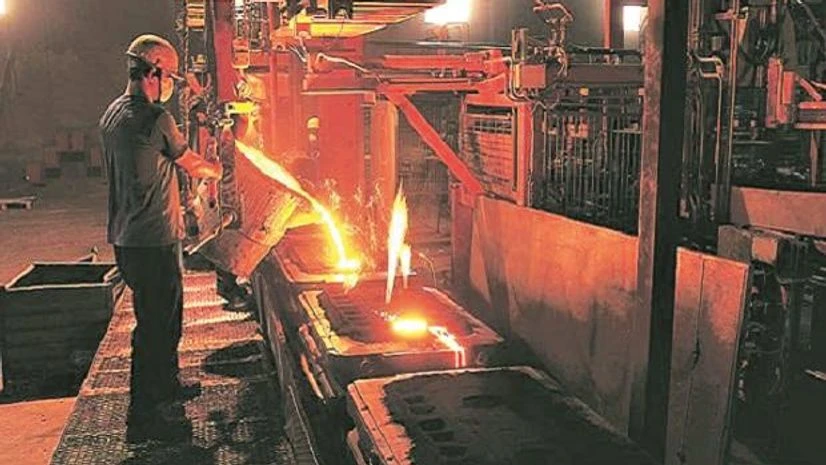The government has now made it mandatory for traders to register themselves with the Steel Import Monitoring System (SIMS) to import all iron and steel products as also certain railways related items, a move aimed at discouraging inbound shipments of such goods and promoting local manufacturing, a public notice issued on Monday said.
The mandatory registration was earlier imposed on about 300 items. Now about 530 more products have been added.
The restrictions were imposed on all products under chapter 72 (iron and steel), chapter 73 (articles of iron and steel) and chapter 86 (railway Or tramway locomotives, rolling-stock and parts; railway or tramway track fixtures and fittings; mechanical traffic signalling equipment of all kinds).
The Directorate General of Foreign Trade (DGFT), under the commerce ministry, said that "import" of these products "shall now require compulsory registration" under the SIMS.
These items include certain flat-rolled products; some stranded wire, ropes, cables; certain items of springs and leaves for springs of iron and steel; tubes, pipes and hollow profiles; diesel-electric locomotives; and some parts of railways.
SIMS, under the Department of Commerce, collects and publishes data of steel mill product imports.
More From This Section
In the public notice, the directorate said that the implementation date for this notification will be October 16.
"Bill of entry on or after October 16, 2020 shall require compulsory registration under SIMS," it said.
The communication also said that SIMS shall require importers ro submit advance information in an online system and obtain an automatic registration number by paying registration fee of Re 1 per thousand subject to minimum of Rs 500 and maximum of Rs 1 lakh on CIF (cost insurance freight) value.
The importer can apply for registration not earlier than 60th day and not later than 16th day before the expected date of arrival of import consignment.
The automatic registration number would be valid for 75 days.
In a separate notification, the DGFT said endorsement of Kimberley Process (KP) certificates issued by valid issuing authority in the case of errors of minor nature such as typographical can be allowed subject to endorsement by the Gem and Jewellery Export Promotion Council as per the standard operating procedure.
Further, it said that re-export of imported rough diamonds, if so ordered by customs authorities, can be allowed subject to the technical KP certificate issued by the council.
KP is a joint initiative of the governments, industry and civil societies to stem flow of 'conflict diamonds' - the rough diamonds used by rebel movements to finance wars against legitimate governments.
(Only the headline and picture of this report may have been reworked by the Business Standard staff; the rest of the content is auto-generated from a syndicated feed.)

)
